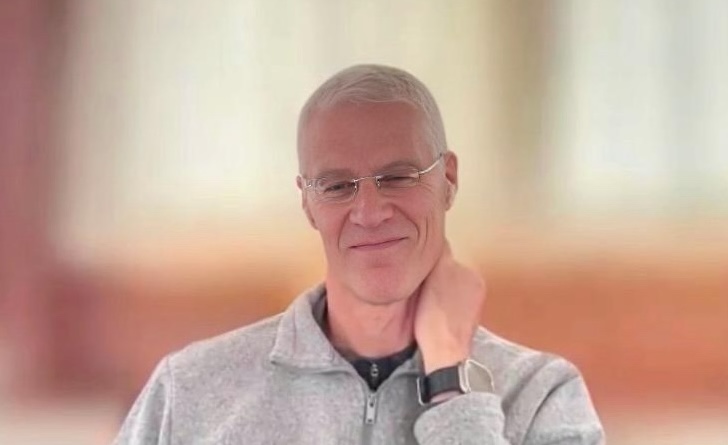He conducted himself in the proper manner, and for the proper reasons.
Former Federal Reserve chairman Paul Volcker died last week. He will always be remembered for ending America’s “Great Inflation” of the 1970s, almost singlehandedly. There have been and will be many remembrances of Volcker and his career. Norm Ornstein’s tribute to the “larger-than-life” figure—literally and figuratively, including in policymaking context, of course—seemed particularly well-done to me. Volcker’s “combination of intellect, integrity, drive, and commitment—along with decency, honor, and good humor—is rare and to be treasured and celebrated,” Ornstein writes.
From what I knew of Volcker and what and how I learned from him about finance and monetary policy, the day-to-day workings of the economy, the role of government in those workings, and the critical importance of public service, he conducted himself in the proper manner, and for the proper reasons.
We on the program staff at Milwaukee’s Lynde and Harry Bradley Foundation, where I worked for more than three decades, appreciated the combination of: 1.) his sophisticated understanding of how markets work; and, 2.) the need to apply basic common sense in the development and implementation of sound public policy.
I wish more would have had the chance to see Volcker at work in person. I often recall one such opportunity of my own. In January 2009, representing Bradley, I was able to attend a dinner hosted by the Manhattan Institute’s then-president Larry Mone, of about one dozen prominent economists, policy scholars, and leaders in the financial-services world. Volcker was the guest of honor.
The dinner and conversation lasted some three hours. The give and take was rapid-fire and intense. There were light moments, very much aided and abetted by Volcker, who had just the right wry interventions at exactly the right moments.
The conversation’s “main course” was the financial crisis of September 2008, the many ramifications of which philanthropies like Bradley and others would have to be considering in their grantmaking. Apart from Volcker’s remarkable skill in enjoying every last drop of scotch on the rocks that kept his lips moist, the quality and quantity of his and others’ hypotheses about the causes and consequences of—and floated solutions to—the meltdown offered by all the participants were extraordinary to me.
Lacking either academic or professional experience in the subjects, I did absolutely nothing to contribute to the impressive discussion. As the evening finished, though, I approached Volcker and introduced myself. I safely sought his judgment on the social impact of the crisis in the coming years, citing a scene in Frank Capra’s It’s a Wonderful Life.
On the way to his honeymoon with new bride Mary Hatch (played by Donna Reed), George Bailey (Jimmy Stewart) rushes into the Bailey Brothers Building and Loan to calm down fearful customers demanding to close their accounts amidst a previous financial crisis. George spends all but two dollars of his honeymoon budget trying to satisfy the customers.
Though barely, Bailey succeeds. They trusted his word that their accounts would remain good, trusted the legacy of George’s deceased father Peter who founded the Building and Loan, and most importantly, trusted their fellow account-holding neighbors and friends. I expressed my trepidation about whether that inspiring part of the holiday classic would play out the same in our time now. Is there enough social capital to see us all through the current crisis and that which will follow?
Volcker paused and, looking squarely at me, admitted that he was uncertain, too. That’s when I knew we had a real and probably lasting problem here. I sure wish we could, and I sure hope we can, find more Volckers—relying on Ornstein’s list, more Volcker-like intellect, integrity, drive, and commitment, along with decency, honor, and good humor—to help deal with it.


